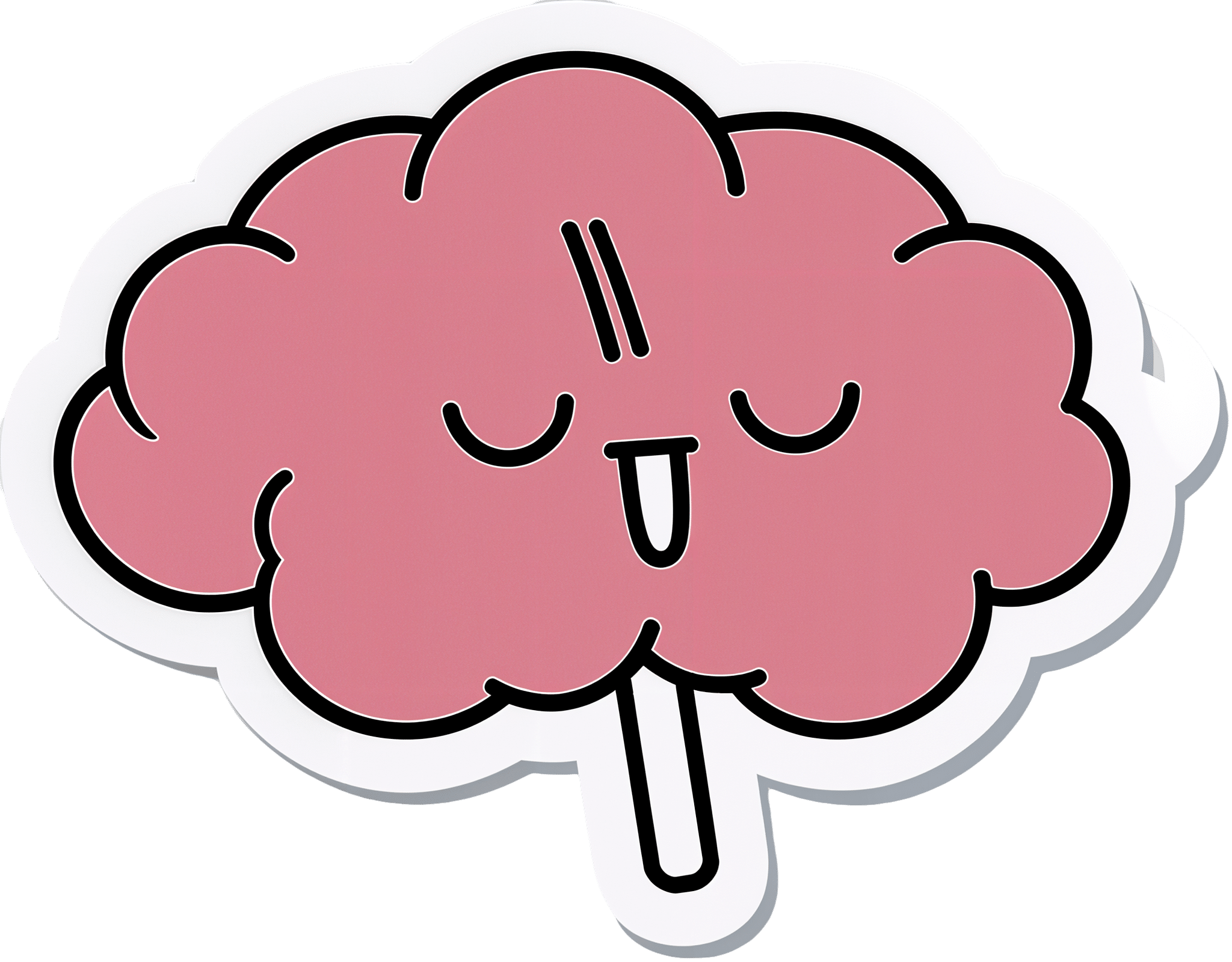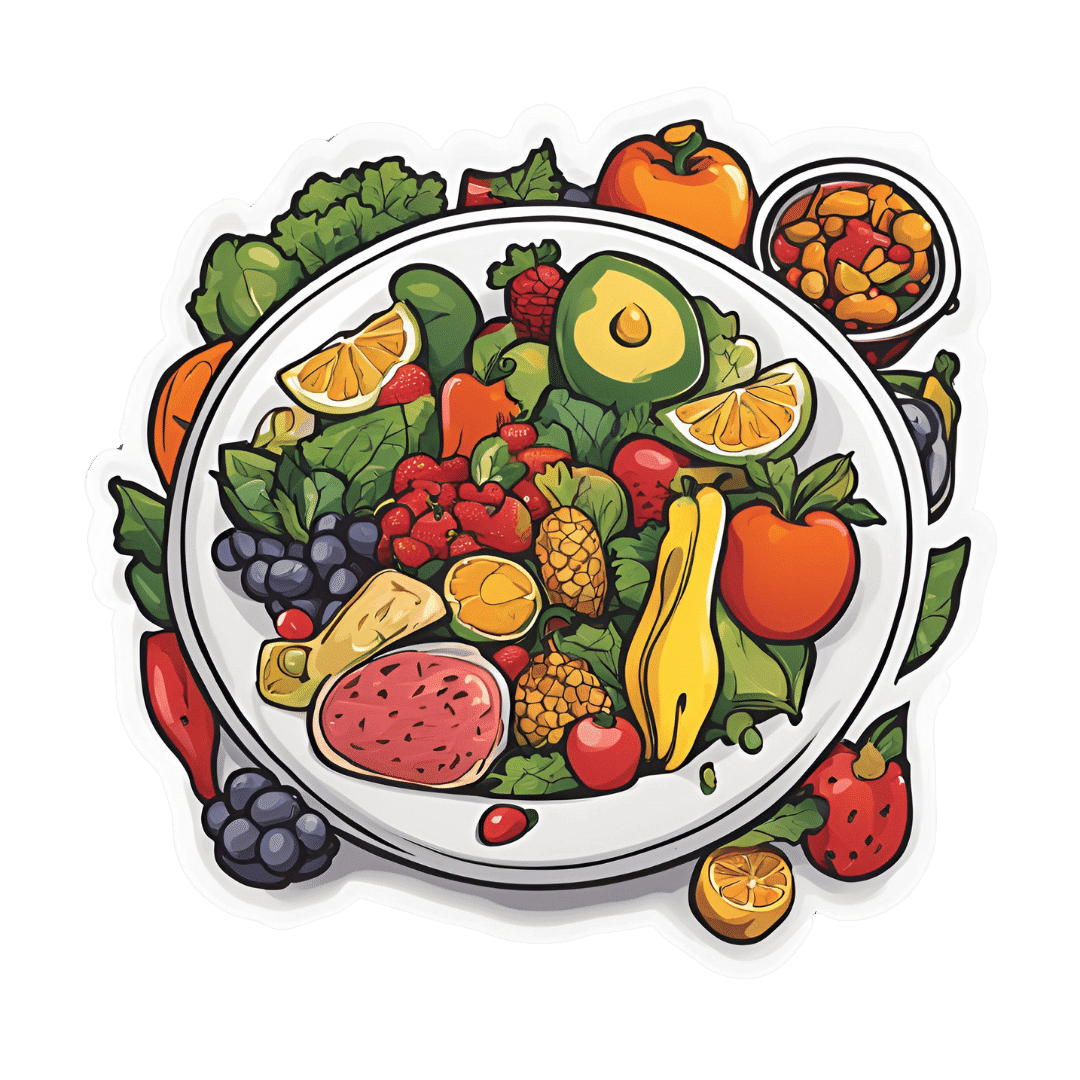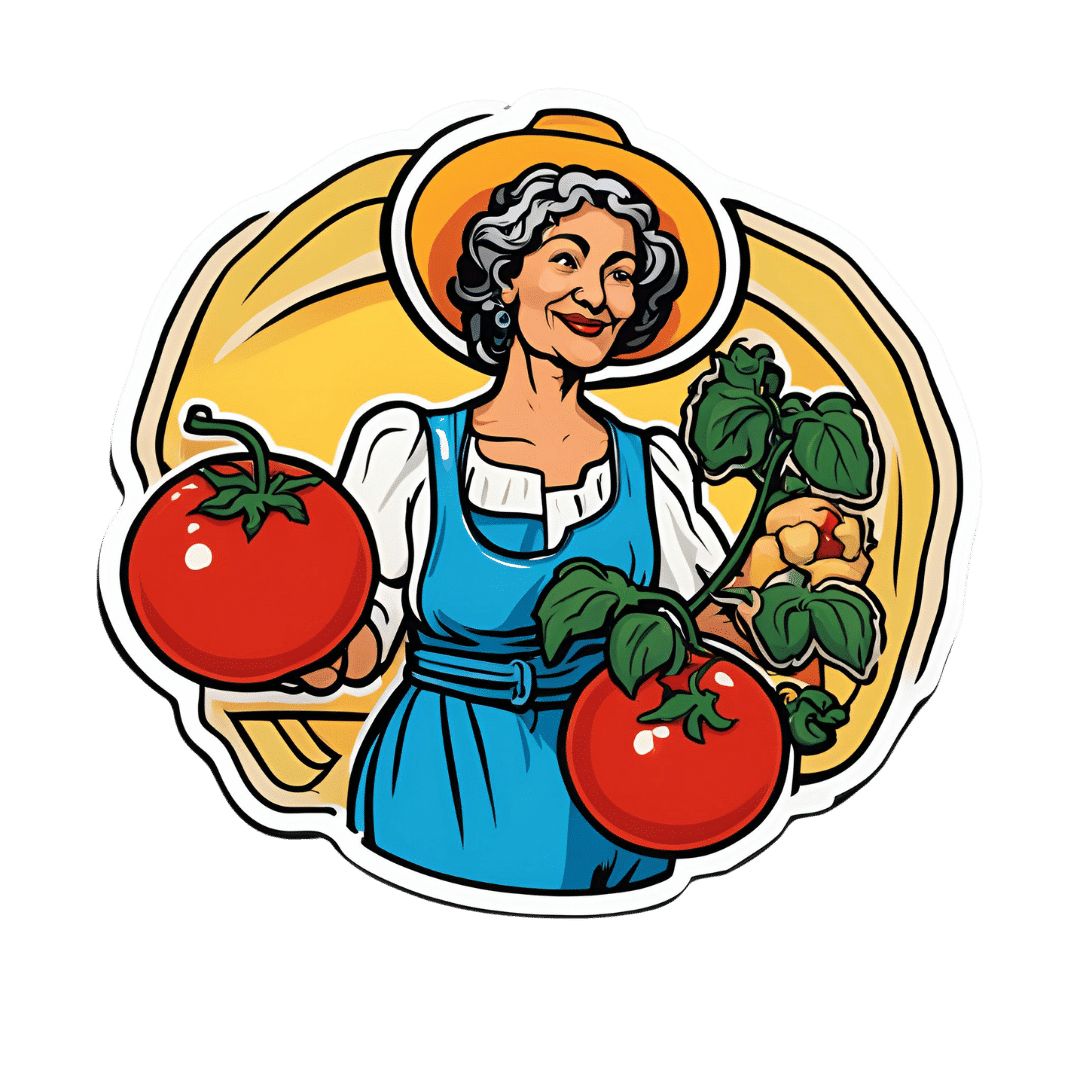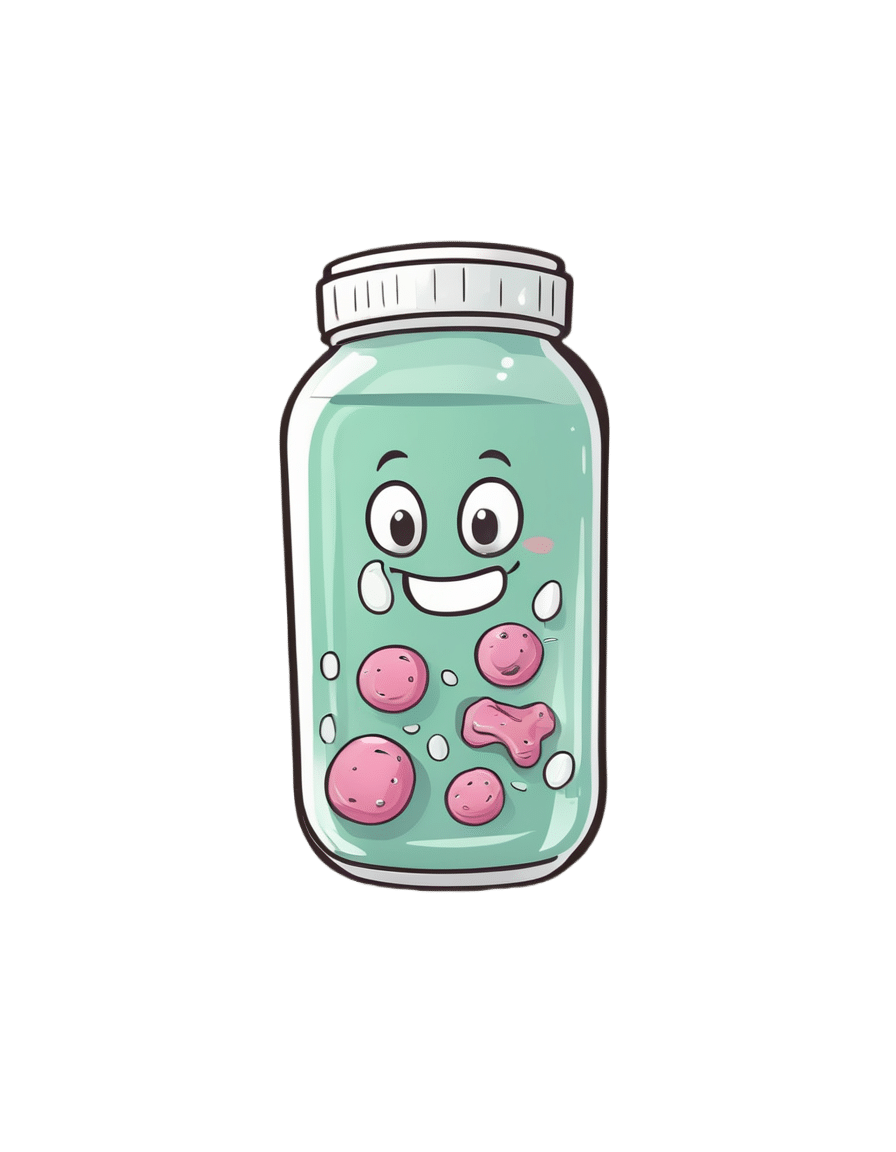
How To Set Anxiety Aside
10almonds is reader-supported. We may, at no cost to you, receive a portion of sales if you purchase a product through a link in this article.
How To Set Anxiety Aside
We’ve talked previously about how to use the “release” method to stop your racing mind.
That’s a powerful technique, but sometimes we need to be calm enough to use it. So first…
Breathe
Obviously. But, don’t underestimate the immediate power of focusing on your breath, even just for a moment.
There are many popular breathing exercises, but here’s one of the simplest and most effective, “4–4 breathing”:
- Breathe in for a count of four
- Hold for a count four
- Breathe out for a count of four
- Hold for a count of four
- Repeat
Depending on your lung capacity and what you’re used to, it may be that you need to count more quickly or slowly to make it feel right. Experiment with what feels comfortable for you, but the general goal should breathing deeply and slowly.
Identify the thing that’s causing you anxiety
We’ve also talked previously about how to use the RAIN technique to manage difficult emotions, and that’s good for handling anxiety too.
Another powerful tool is journaling.
Read: How To Use Journaling to Challenge Anxious Thoughts
If you don’t want to use any of those (very effective!) methods, that’s fine too—journaling isn’t for everyone.
You can leverage some of the same benefits by simply voicing your worries, even to yourself:
There’s an old folk tradition of “worry dolls”; these are tiny little dolls so small they can be kept in a pocket-size drawstring purse. Last thing at night, the user whispers their worries to the dolls and puts them back in their bag, where they will work on the person’s problem overnight.
We’re a health and productivity newsletter, not a dealer of magic and spells, but you can see how it works, right? It gets the worries out of one’s head, and brings about a helpful placebo effect too.
Focus on what you can control
- Most of what you worry about will not happen.
- Some of what you worry about may happen.
- Worrying about it will not help.
In fact, in some cases it may bring about what you fear, by means of the nocebo effect (like the placebo effect, but bad). Additionally, worrying drains your body and makes you less able to deal with whatever life does throw at you.
So while “don’t worry; be happy” may seem a flippant attitude, sometimes it can be best. However, don’t forget the other important part, which is actually focusing on what you can control.
- You can’t control whether your car will need expensive maintenance…
- …but you can control whether you budget for it.
- You can’t control whether your social event will go well or ill…
- …but you can control how you carry yourself.
- You can’t control whether your loved one’s health will get better or worse…
- …but you can control how you’re there for them, and you can help them take what sensible precautions they may.
…and so forth.
Look after your body as well!
Your body and mind are deeply reliant on each other. In this case, just as anxiety can drain your body’s resources, keeping your body well-nourished, well-exercised, and well-rested and can help fortify you against anxiety. For example, when it comes to diet, exercise, and sleep:
- Read: Fruit and vegetable intake is inversely associated with perceived stress across the adult lifespan
- Read: Exercise and anxiety: physical activity appears to be protective against anxiety disorders in clinical and non-clinical populations
- Read: Sleep problems predict and are predicted by generalized anxiety/depression
Don’t know where to start? How about the scientifically well-researched, evidence-based, 7-minute workout?
Don’t Forget…
Did you arrive here from our newsletter? Don’t forget to return to the email to continue learning!
Recommended
Learn to Age Gracefully
Join the 98k+ American women taking control of their health & aging with our 100% free (and fun!) daily emails:
-
Hack Your Hunger
10almonds is reader-supported. We may, at no cost to you, receive a portion of sales if you purchase a product through a link in this article.
When it comes to dealing with hunger, a common-sense way of dealing with it is “eat something”. However, many people find that they then eat the wrong things, in the wrong quantities, and end up in a cycle of overeating and being hungry.
If this gets to the extreme, it can turn into a full-blown eating disorder:
Eating Disorders: More Varied (And Prevalent) Than People Think
…and even in more moderate presentations, the cycle of hunger and overeating is not great for the health. So, how to avoid that?
Listen to your body (but: actually listen)
Your body says: we’re running a little low on glycogen reserves so our energy’s going to start suffering in a few hours if we don’t eat some fruit, kill something and eat its fatty organs, or perhaps find some oily nuts.
You hear: eat something bright and sugary, shout at the dog, eat some fried food, got it!
Your body says: our water balance is a little off, we could do with some sodium, potassium, and perhaps some phosphorus to correct it.
You hear: eat something salty, got it, potato chips coming right up!
…and so on. Now, we know 10almonds readers are quite a health-conscious readership, so perhaps your responses are not quite like that. But the take-away point is still important: we need to listen to the whole message, and give the body what it actually needs, not what will just shut the message off the most quickly.
Here’s how: Intuitive Eating Might Not Be What You Think
Bonus: Interoception: Improving Our Awareness Of Body Cues
About those cravings…
As illustrated a little above, a lot of cravings might not be what they first appear, and in evolutionary terms, our body is centuries behind industrialization, in terms of adaptations, which means that even if we try to take the above into account, our responses can sometimes be inappropriate in the age of supermarkets.
See also: The Science of Hunger, And How To Sate Cravings
Natural appetite suppressants
Eating more is not always the answer, not even if it’s more healthy food. And hunger pangs can be especially inconvenient if, for example, we are fasting at present, which is by the way a very healthful thing for most people:
Learn more: Intermittent Fasting: What’s the truth?
One way to suppress hunger is simply to trigger the stomach into sending “full” signals, which involves filling it. Since you do not want to overeat, the trick here is imply to use high-volume food.
Consider for example: 30 grapes and 30 raisins have approximately the same calorie count (what with raisins being dried grapes, and the calories didn’t evaporate), but the bowl of fresh fruit is going to physically fill your stomach a lot more quickly than the tiny amount of dried fruit.
More on this: Some Surprising Truths About Hunger And Satiety
Protein is of course also an appetite suppressant, but it takes about 20 minutes for the signal to kick in. So a “hack” here is to snack on something proteinous at least 15 minutes before your main meal (for example, a portion of nuts while cooking, unless you’re allergic, or some dried fish unless you’re vegetarian/vegan; you get it, pick something high in protein and good for snacking, and have a small portion before your main meal).
Nor is protein the only option!
See also: 3 Natural Appetite Suppressants Better Than Ozempic
Scale it down
Related to the above, there is a feedback loop that occurs here. The more you eat, the more your stomach slowly grows to accommodate it; the less you eat, the more your stomach slowly shrinks because the body tries hard to be an efficient organism, and will not maintain something that isn’t being used.
So, there’s a bit of a catch-22; sate your hunger by filling your stomach with high volume foods, but filling it will cause it to grow?
The trick is: do the “eat until 80% full” thing. That’s full enough that you have had a nice meal and are not suffering, without stretching the stomach.
Enjoy your food
Seriously! Actually enjoy it. Which means paying full attention to it. Eating can and should be a wonderful experience, so it’s best savored rather than inhaling a bowl of something in 30 seconds.
Have you seen those dog bowls that have obstructions to slow down how quickly a dog eats? We can leverage that kind of trick too! While you might not want to eat from a dog bowl, how about having a little bowl of pistachio nuts rather than ready-to-eat peanuts? Or any shelled nuts that we must shell as we go. If you’re allergic to nuts, there are plenty of other foods with a high work-to-food ratio. Take some time and enjoy that pomegranate, for instance!
Not that we necessarily have to make things difficult for ourselves either; we can just take appropriate care to ensure a good dining experience. Life is for living, so why not enjoy it?
See also: Mindful Eating: How To Get More Out Of What’s On Your Plate
Enjoy!
Share This Post
-
Correct An Upper Spine Hump (Simple Stretch & Exercise)
10almonds is reader-supported. We may, at no cost to you, receive a portion of sales if you purchase a product through a link in this article.
Generally called a neck hump in this video, it can be in the cervical (neck) vertebrae or it can be in the thoracic (upper back) vertebrae. It’s also known as a dowager’s hump, buffalo hump, or kyphosis.
However, it can be fixed:
What to do
First understand the cause: it generally comes from poor posture, especially from prolonged desk work or phone use.
With that in mind…
- Posture adjustments: lean back in a chair to counter gravity’s pull on your head. Avoid slumping; keep your head aligned with your spine.
- Stretching: lie flat on the floor without pillows to restore spinal alignment. Gradually reduce pillow height during sleep to decrease neck hyperflexion.
- Neck retraction: pull chin straight back while keeping your eyes looking forwards. Hold for 15 seconds, gradually increasing to 60 seconds. Perform 10 repetitions, resting between sets.
- Strengthening: lean forward and pull the chin back against gravity. Hold, or repeat for 10 repetitions. Over time, increase duration to a minute.
For more on all of this plus visual demonstrations, enjoy:
Click Here If The Embedded Video Doesn’t Load Automatically!
Want to learn more?
You might also like to read:
The Pains That Good Posture Now Can Help You Avoid Later
Take care!
Share This Post
-
Proteins Of The Week
10almonds is reader-supported. We may, at no cost to you, receive a portion of sales if you purchase a product through a link in this article.
This week’s news round-up is, entirely by chance, somewhat protein-centric in one form or another. So, check out the bad, the very bad, the mostly good, the inconvenient, and the worst:
Mediterranean diet vs the menopause
Researchers looked at hundreds of women with an average age of 51, and took note of their dietary habits vs their menopause symptoms. Most of them were consuming soft drinks and red meat, and not good in terms of meeting the recommendations for key food groups including vegetables, legumes, fruit, fish and nuts, and there was an association between greater adherence to Mediterranean diet principles, and better health.
Read in full: Fewer soft drinks and less red meat may ease menopause symptoms: Study
Related: Four Ways To Upgrade The Mediterranean Diet
Listeria in meat
This one’s not a study, but it is relevant important news. The headline pretty much says it all, so if you don’t eat meat, this isn’t one you need to worry about any further than that. If you do eat meat, though, you might want to check out the below article to find out whether the meat you eat might be carrying listeria:
Read in full: Almost 10 million pounds of meat recalled due to Listeria danger
Related: Frozen/Thawed/Refrozen Meat: How Much Is Safety, And How Much Is Taste?
Brawn and brain?
A study looked at cognitively healthy older adults (of whom, 57% women), and found an association between their muscle strength and their psychological wellbeing. Note that when we said “cognitively healthy”, this means being free from dementia etc—not necessarily psychologically health in all respects, such as also being free from depression and enjoying good self-esteem.
Read in full: Study links muscle strength and mental health in older adults
Related: Staying Strong: Tips To Prevent Muscle Loss With Age
The protein that blocks bone formation
This one’s more clinical but definitely of interest to any with osteoporosis or at high risk of osteoporosis. Researchers identified a specific protein that blocks osteoblast function, thus more of this protein means less bone production. Currently, this is not something that we as individuals can do anything about at home, but it is promising for future osteoporosis meds development.
Read in full: Protein blocking bone development could hold clues for future osteoporosis treatment
Related: Which Osteoporosis Medication, If Any, Is Right For You?
Rabies risk
People associate rabies with “rabid dogs”, but the biggest rabies threat is actually bats, and they don’t even need to necessarily bite you to confer the disease (it suffices to have licked the skin, for instance—and bats are basically sky-puppies who will lick anything). Because rabies has a 100% fatality rate in unvaccinated humans, this is very serious. This means that if you wake up and there’s a bat in the house, it doesn’t matter if it hasn’t bitten anyone; get thee to a hospital (where you can get the vaccine before the disease takes hold; this will still be very unpleasant but you’ll probably survive so long as you get the vaccine in time).
Read in full: What to know about bats and rabies
Related: Dodging Dengue In The US ← much less serious than rabies, but still not to be trifled with—particularly noteworthy if you’re in an area currently affected by floodwaters or even just unusually heavy rain, by the way, as this will leave standing water in which mosquitos breed.
Take care!
Share This Post
Related Posts
-
Beyond Supplements: The Real Immune-Boosters!
10almonds is reader-supported. We may, at no cost to you, receive a portion of sales if you purchase a product through a link in this article.
The Real Immune-Boosters
What comes to your mind when we say “immune support”? Vitamin C and maybe zinc? Those have their place, but there are things we can do that are a lot more important!
It’s just, these things are not talked about as much, because stores can’t sell them to you
Sleep
One of the biggest difference-makers. Get good sleep! Getting at least 7 hours decent sleep (not lying in bed, not counting interruptions to sleep as part of the sleep duration) can improve your immune system by three or four times.
Put another way, people are 3–4 times more likely to get sick if they get less sleep than that on average.
Check it out: Behaviorally Assessed Sleep and Susceptibility to the Common Cold
Eat an anti-inflammatory diet
In short, for most of us this means lots of whole plant foods (lots of fiber), and limited sugar, flour, alcohol.
For more details, you can see our main feature on this: Keep Inflammation At Bay!
You may wonder why eating to reduce inflammation (inflammation is a form of immune response) will help improve immune response. Put it this way:
If your town’s fire service is called out eleventy-two times per day to deal with things that are not, in fact, fires, then when there is a fire, they will be already exhausted, and will not do their job so well.
Look after your gut microbiota
Additionally, healthy gut microbiota (fostered by the same diet we just described) help keep your body pathogen-free, by avoiding “leaky gut syndrome” that occurs when, for example, C. albicans (you do not want this in your gut, and it thrives on the things we just told you to avoid) puts its roots through your intestinal walls, making holes in them. And through those holes? You definitely do not want bacteria from your intestines going into the rest of your body.
See also: Gut Health 101
Actually get that moderate exercise
There’s definitely a sweet-spot here, because too much exercise will also exhaust you and deplete your body’s resources. However, the famous “150 minutes per week” (so, a little over 20 minutes per day, or 25 minutes per day with one day off) will make a big difference.
See: Exercise and the Regulation of Immune Functions
Manage your stress levels (good and bad!)
This one swings both ways:
- Acute stress (like a cold shower) is good for immune response. Think of it like a fire drill for your body.
- Chronic stress (“the general everything” persistently stressful in life) is bad for immune response. This is the fire drill that never ends. Your body’s going to know what to do really well, but it’s going to be exhausted already by the time an actual threat hits.
Read more: Effects of Stress on Immune Function: the Good, the Bad, and the Beautiful
Supplement, yes.
These are far less critical than the above things, but are also helpful. Good things to take include:
Enjoy, and stay well!
Don’t Forget…
Did you arrive here from our newsletter? Don’t forget to return to the email to continue learning!
Learn to Age Gracefully
Join the 98k+ American women taking control of their health & aging with our 100% free (and fun!) daily emails:
-
5 Steps To Quit Sugar Easily
10almonds is reader-supported. We may, at no cost to you, receive a portion of sales if you purchase a product through a link in this article.
Sugar is one of the least healthy things that most people consume, yet because it’s so prevalent, it can also be tricky to avoid at first, and the cravings can also be a challenge. So, how to quit it?
Step by step
Dr. Mike Hansen recommends the following steps:
- Be aware: a lot of sugar consumption is without realizing it or thinking about it, because of how common it is for there to be added sugar in things we might purchase ready-made, even supposedly healthy things like yogurts, or easy-to-disregard things like condiments.
- Recognize sugar addiction: a controversial topic, but Dr. Hansen comes down squarely on the side of “yes, it’s an addiction”. He wants us to understand more about the mechanics of how this happens, and what it does to us.
- Reduce gradually: instead of going “cold turkey”, he recommends we avoid withdrawal symptoms by first cutting back on liquid sugars like sodas, juices, and syrups, before eliminating solid sugar-heavy things like candy, sugar cookies, etc, and finally the more insidious “why did they put sugar in this?” added-sugar products.
- Find healthy alternatives: simple like-for-like substitutions; whole fruits instead of juices/smoothies, for example. 10almonds tip: stuffing dates with an almond each makes it very much like eating chocolate, experientially!
- Manage cravings: Dr. Hansen recommends distraction, and focusing on upping other healthy habits such as hydration, exercise, and getting more vegetables.
For more on each of these, enjoy:
Click Here If The Embedded Video Doesn’t Load Automatically!
Want to learn more?
You might also like to read:
- Which Sugars Are Healthier, And Which Are Just The Same?
- Mythbusting The Not-So-Sweet Science Of Sugar Addiction
Take care!
Don’t Forget…
Did you arrive here from our newsletter? Don’t forget to return to the email to continue learning!
Learn to Age Gracefully
Join the 98k+ American women taking control of their health & aging with our 100% free (and fun!) daily emails:
-
Do Probiotics Work For Weight Loss?
10almonds is reader-supported. We may, at no cost to you, receive a portion of sales if you purchase a product through a link in this article.
It’s Q&A Day at 10almonds!
Have a question or a request? We love to hear from you!
In cases where we’ve already covered something, we might link to what we wrote before, but will always be happy to revisit any of our topics again in the future too—there’s always more to say!
As ever: if the question/request can be answered briefly, we’ll do it here in our Q&A Thursday edition. If not, we’ll make a main feature of it shortly afterwards!
So, no question/request too big or small
❝Can you talk about using probiotics for weight loss? Thanks❞
Great question! First, a quick catch-up:
How Much Difference Do Probiotic Supplements Make, Really?
Our above-linked article covers a number of important benefits of probiotic supplements, but we didn’t talk about weight loss at all. So let’s examine whether probiotics are useful for weight loss.
Up-front summary: the science is unclear
This 2021 systematic review found that they are indeed very effective:
❝The intake of probiotics or synbiotics could lead to significant weight reductions, either maintaining habitual lifestyle habits or in combination with energy restriction and/or increased physical activity for an average of 12 weeks.
Specific strains belonging to the genus Lactobacillus and Bifidobacterium were the most used and those that showed the best results in reducing body weight.
Both probiotics and synbiotics have the potential to help in weight loss in overweight and obese populations.❞
This slightly older (2015) systematic review and meta-analysis found the opposite:
❝Collectively, the RCTs examined in this meta-analysis indicated that probiotics have limited efficacy in terms of decreasing body weight and BMI and were not effective for weight loss.❞
Source: Probiotics for weight loss: a systematic review and meta-analysis
And in case that’s not balanced enough, this 2020 randomized controlled trial got mixed results:
❝Regression analysis performed to correlate abundance of species following supplementation with body composition parameters and biomarkers of obesity found an association between a decrease over time in blood glucose and an increase in Lactobacillus abundance, particularly in the synbiotic group.
However, the decrease over time in body mass, BMI, waist circumstance, and body fat mass was associated with a decrease in Bifidobacterium abundance.❞
Source: Effects of Synbiotic Supplement on Human Gut Microbiota, Body Composition and Weight Loss in Obesity
Summary
Probiotics may or may not work for weight loss.
In all likelihood, it depends on the blend of cultures contained in the supplement. It’s possible that Lactobacillus is more beneficial for weight loss than Bifidobacterium, which latter may actually reduce weight loss.
Or it might not, because that was just one study and correlation ≠ causation!
We’d love to give you a hard-and-fast answer, but if the data doesn’t support a hard-and-fast answer, we’re not going to lie to you.
What we can say for sure though is that probiotics come with very many health benefits, so whether or not weight loss is one of them, they’re a good thing to have for most people.
Some further articles that may interest you:
- How Much Difference Do Probiotic Supplements Make, Really? ← the aforementioned article
- Making Friends With Your Gut (You Can Thank Us Later) ← gut health 101
- Burn! How To Boost Your Metabolism ← these things can help change your metabolic base rate, which is highly relevant to weight loss
- How To Do HIIT (Without Wrecking Your Body) ←unlike most forms of exercise, which cause the body to slow the metabolism afterwards to compensate, high-intensity interval training results in an increased metabolic rate (so generally: fat-burning) for several hours after training.
Take care!
Don’t Forget…
Did you arrive here from our newsletter? Don’t forget to return to the email to continue learning!
Learn to Age Gracefully
Join the 98k+ American women taking control of their health & aging with our 100% free (and fun!) daily emails:







